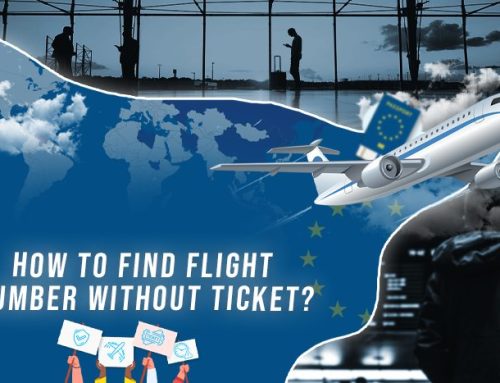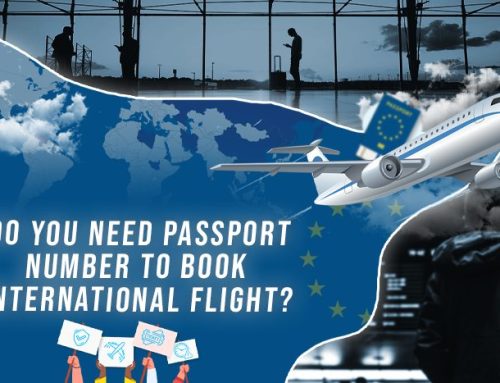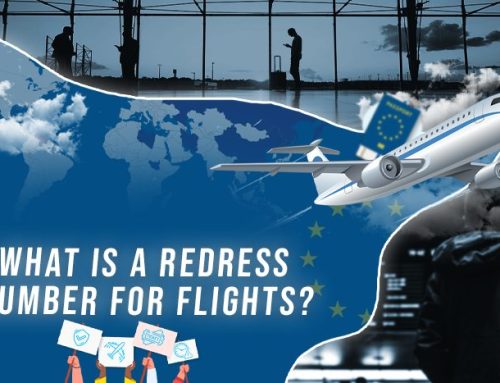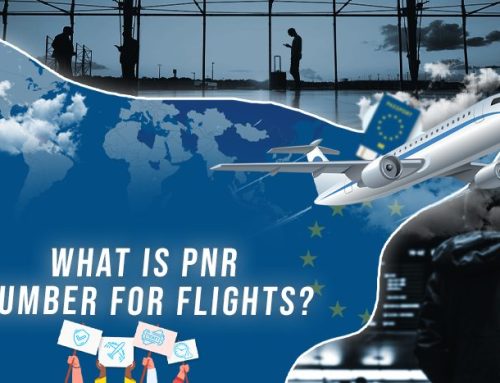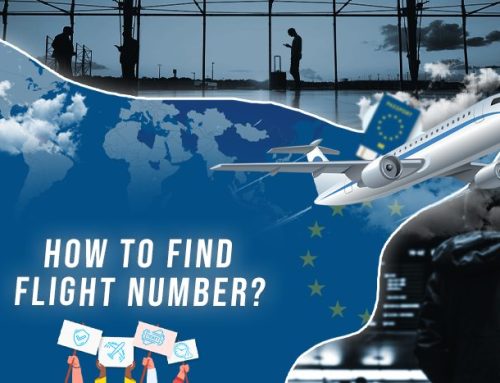When you’re preparing for a trip, it’s important to know what you can and cannot bring on a plane, though the answer may vary if you’re checking a bag. Some items are always prohibited, so you’ll want to leave them at home lest you run the risk of getting them confiscated – or worse. You could face charges if you bring a prohibited item. So, what can you not bring on a plane?
Key Takeaways
- There are certain items that are prohibited on planes, such as weapons, inflammable and explosive objects, and open liquor. It’s important to be aware of these prohibited items and not pack them to avoid any potential consequences.
- Liquid restrictions apply to both carry-on and checked baggage. Liquids in carry-on baggage must be 100 ml or less and fit in a sealed 1-liter bag, while there are no limits to liquids in checked baggage. Some exceptions apply to certain liquids like baby food, formula, and medication.
- Rules and regulations may vary depending on the country or airline, so it’s important to double-check before packing to ensure a smooth and stress-free travel experience. Keeping up-to-date on any changes in regulations can also be helpful.
Weapons
You are not allowed to bring any type of weapons on board your aircraft, including guns or knives. Certain sharp objects, including corkscrew knives and scissors, could be packed in your checked bag; however, if they are too big, they could be confiscated by authorities. Make sure to wrap them or sheathe them prior to packing to prevent injury to potential baggage inspectors.
This also includes any pepper spray or other aerosolized weapons, as they are considered weapons. There are some cases where you could potentially bring a gun on a plane, but it would need to be unloaded, disassembled, and registered with any applicable local and international bodies. Different rules apply to different countries, so it’s best to check prior to packing. However, it’s best to consider them prohibited goods and not to travel with them.
Inflammable And Explosive Objects
You may not bring any inflammable or explosive objects on the plane, either in your carry-on bag or in your checked luggage. This could include fireworks, aerosol spray paint, and more. This also extends to toxic substances like acids, even if your items are within the allotted liquid amounts for carry on luggage.
Open Liquor
Perhaps you indulged in a little duty free shopping at the airport and want to indulge in a drink. Unfortunately, you are not allowed to bring open liquor containers on the plane, so make sure you keep them sealed in a security bag until you get to your final destination. This is also true when it comes to small liquor bottles. You cannot bring them on the plane if they are opened.
You’ll also want to check the alcohol content of the liquor. Some places will not allow you to travel with alcohol that’s over 140 proof in either your carry on or checked bag.
Liquid
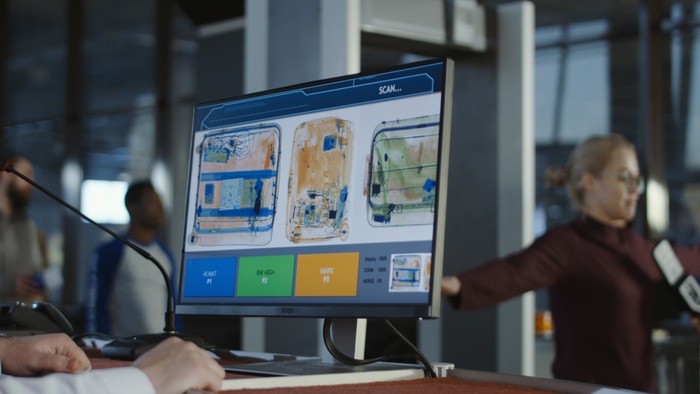
How much liquid you can bring on a plane depends on if you’re checking a bag or carrying on. There are no limits to how much liquid you can pack in a checked bag, just make sure that it’s packed carefully to prevent any spillage. If you are carrying on, you can only have liquids of 100 ml or less, and they must fit in a sealed 1 litre bag.
This also applies to any aerosols like hairspray, so make sure to stick that in your transparent bag. There are some exclusions to the liquid rule, including baby food, formula, breastmilk, medicine, and other medically necessary liquid items. If you have any of these items, inform airport security prior to going through the line as they will need to be handled separately.
So, What Can You Not Bring On A Plane?
When you’re packing for your trip, you need to keep certain safety and security rules in mind, and if you include any prohibited items in your bag, they will be confiscated. You could even have to pay a fine or face charges depending on the local regulations in place.
If you have any questions about anything you’re bringing, check the country or airline’s list of prohibited items. It can help provide guidance on what you cannot bring on a plane, and for additional questions, you can always contact customer service.
Frequently Asked Questions
-
Can I bring a gun on a plane?
Generally, guns are not allowed on planes. However, in some cases, they may be allowed if they are unloaded, disassembled, and registered with the appropriate authorities.
-
Can I bring liquids on a plane?
Yes, you can bring liquids on a plane, but there are restrictions. Liquids in carry-on baggage must be 100 ml or less and fit in a sealed 1-liter bag, while there are no limits to liquids in checked baggage. Some exceptions apply to certain liquids like baby food, formula, and medication.
-
Can I bring fireworks on a plane?
No, fireworks are considered flammable and explosive objects and, therefore not allowed on planes.
-
Can I bring open liquor bottles on a plane?
No, open liquor bottles are not allowed on planes. They must be sealed in a security bag until you reach your destination.
-
Can I bring a corkscrew on a plane?
Yes, corkscrews are allowed in checked bags, but not in carry-on bags.
-
Can I bring aerosol spray paint on a plane?
No, aerosol spray paint is considered inflammable and explosive, and therefore not allowed on planes.
-
Can I bring my pet on a plane?
Yes, you can bring your pet on a plane, but there are certain rules and restrictions. Pets must be in an airline-approved carrier and may need to be checked as cargo.
-
Can I bring my medication on a plane?
Yes, you can bring medication on a plane, but you may need to inform airport security and have proper documentation. Medically necessary liquids are exempt from the liquid restrictions.
-
Can I bring a hoverboard on a plane?
No, hoverboards are banned from planes due to safety concerns.
-
Can I bring my laptop on a plane?
Yes, you can bring your laptop on a plane, but it must be removed from its case and placed in a bin for screening at airport security.



